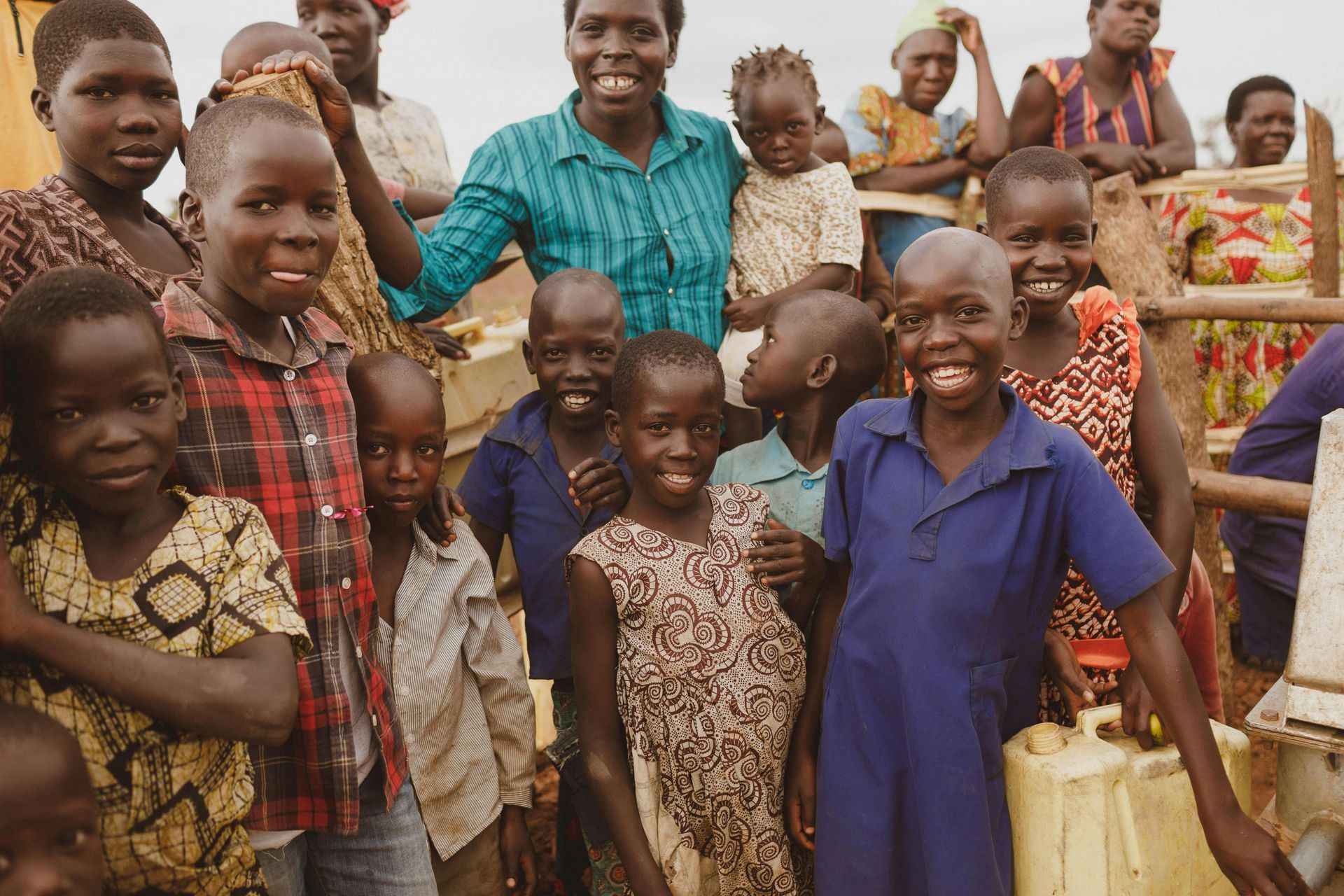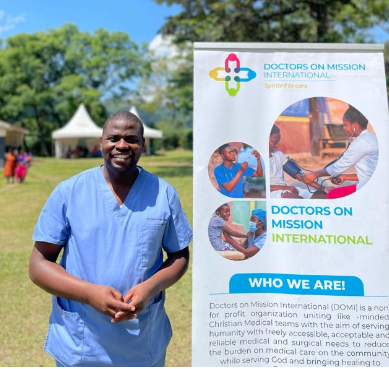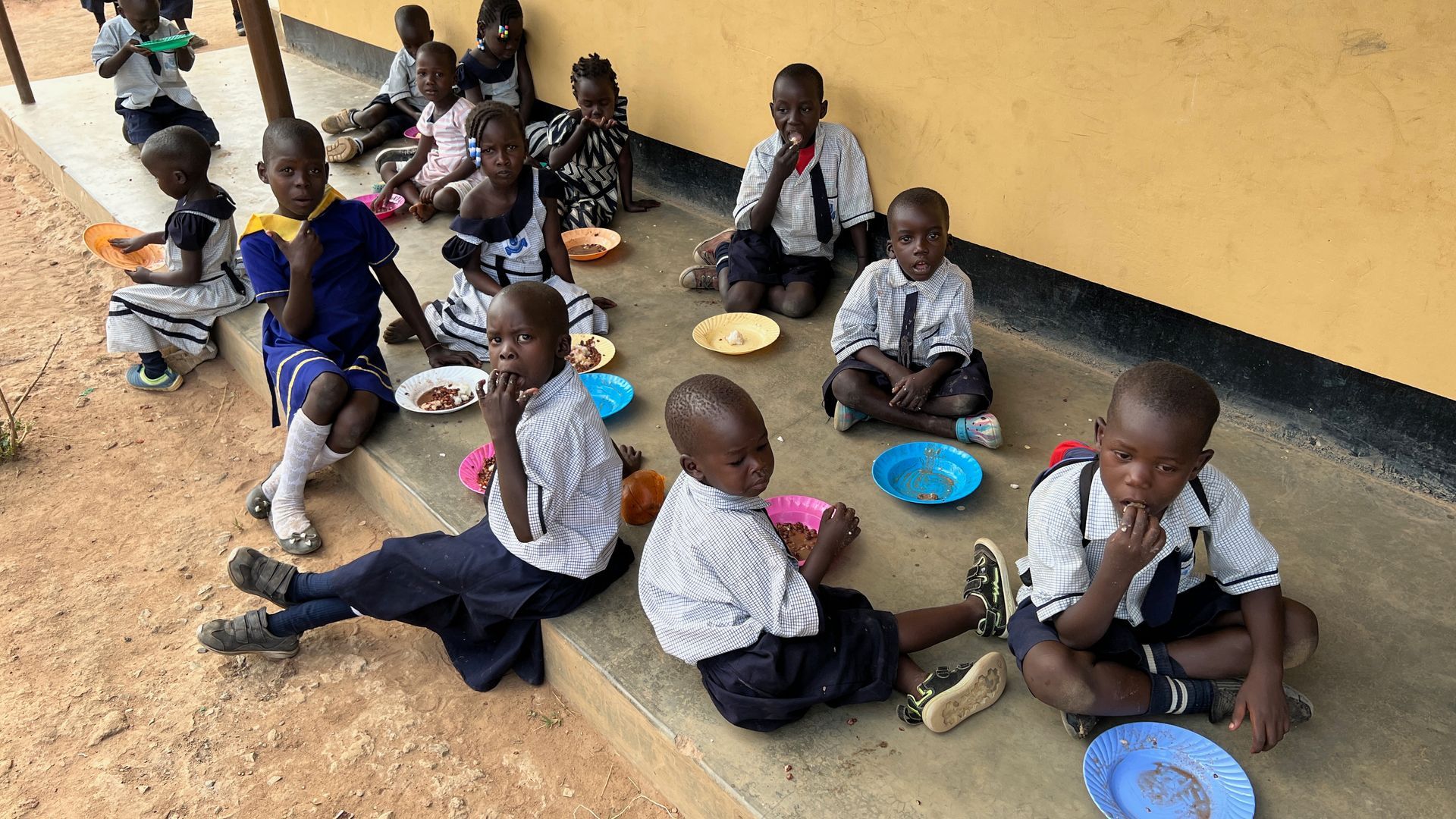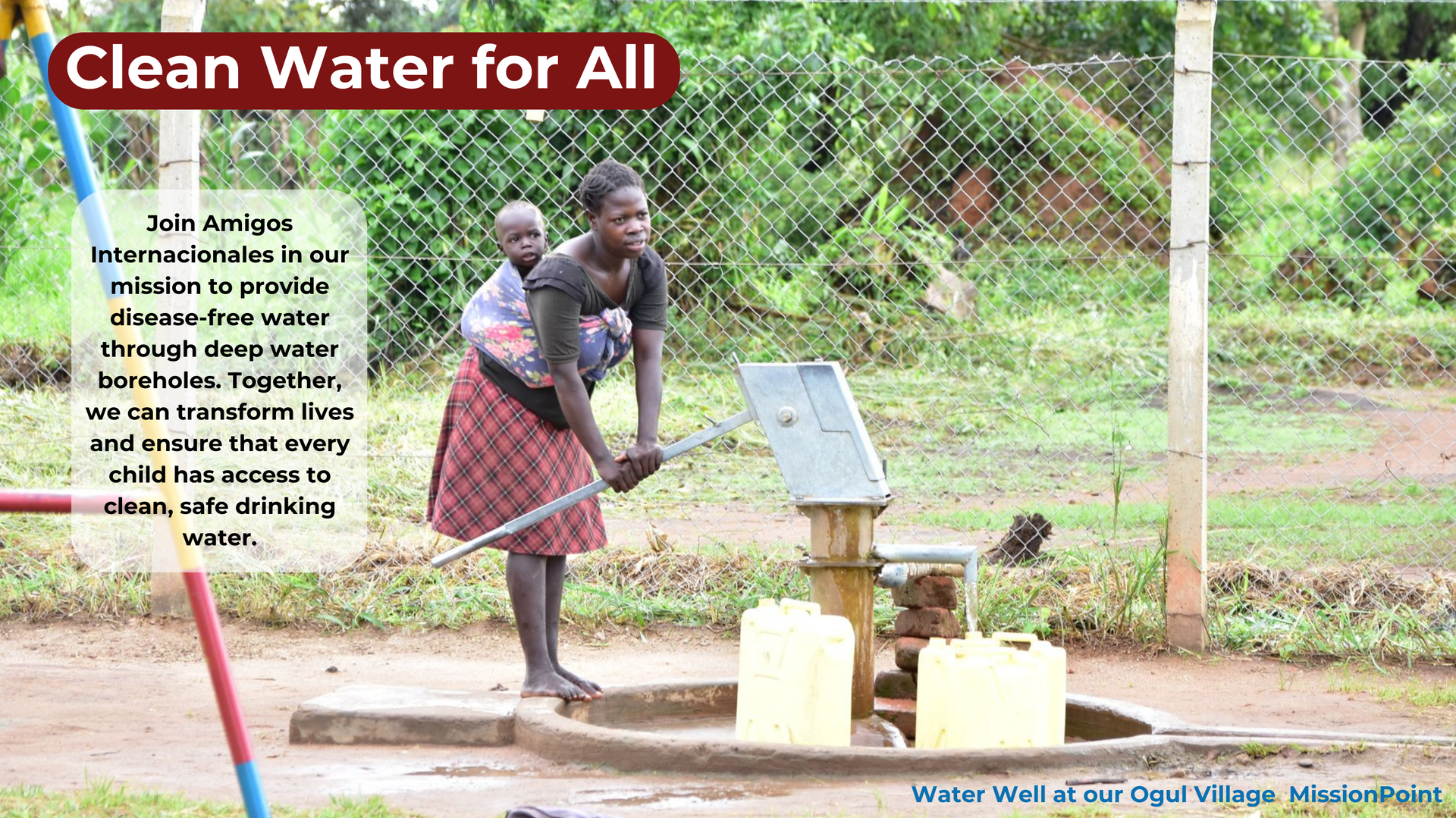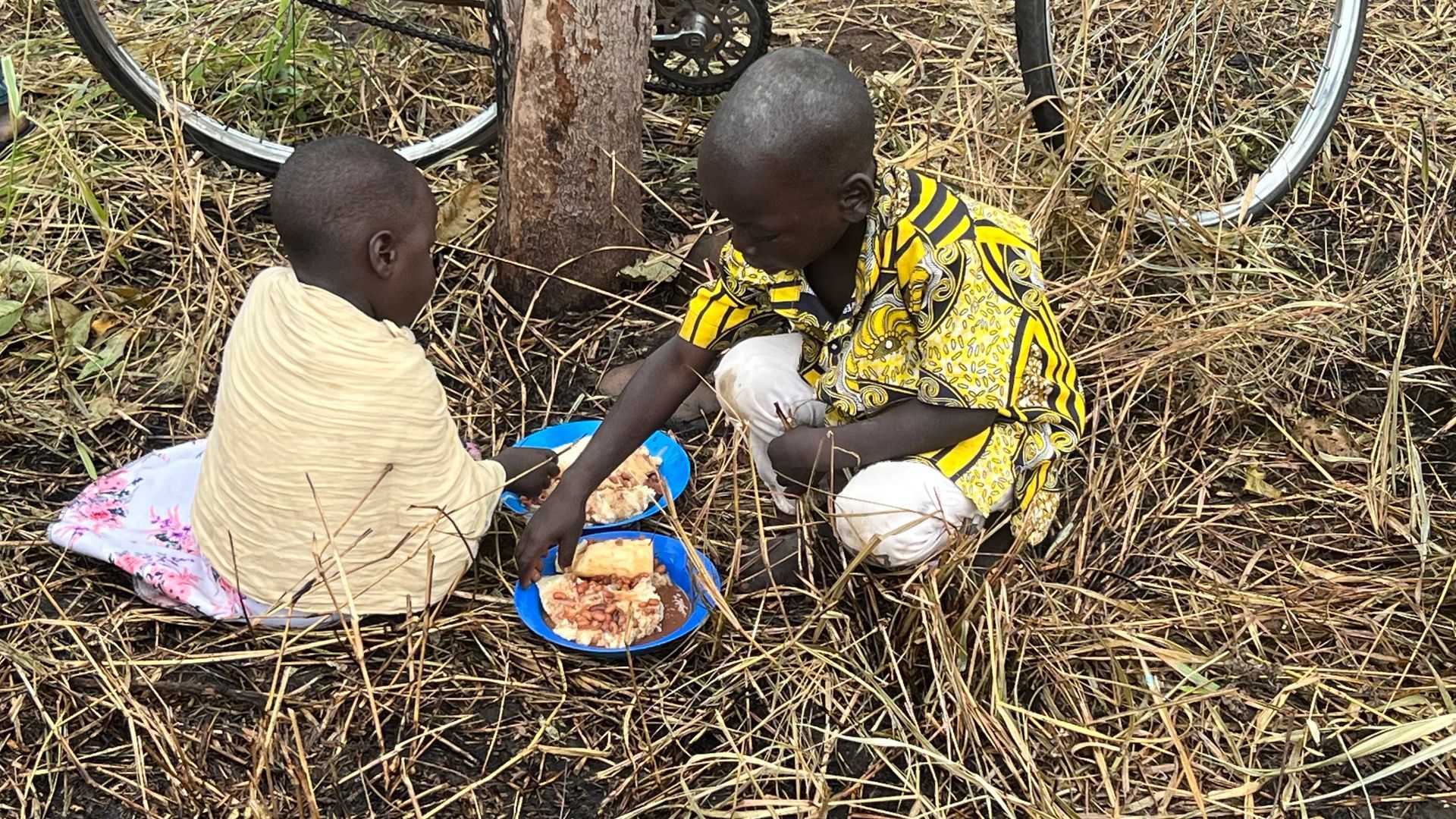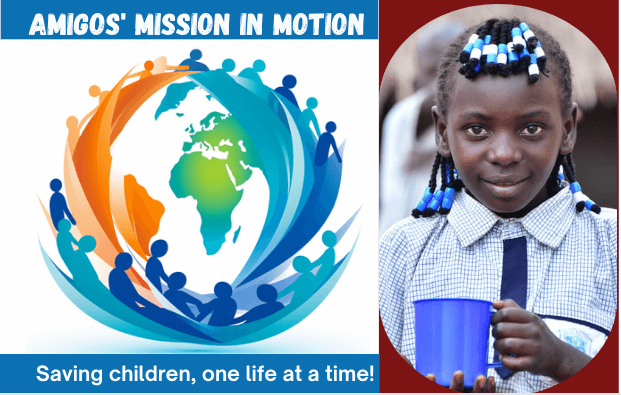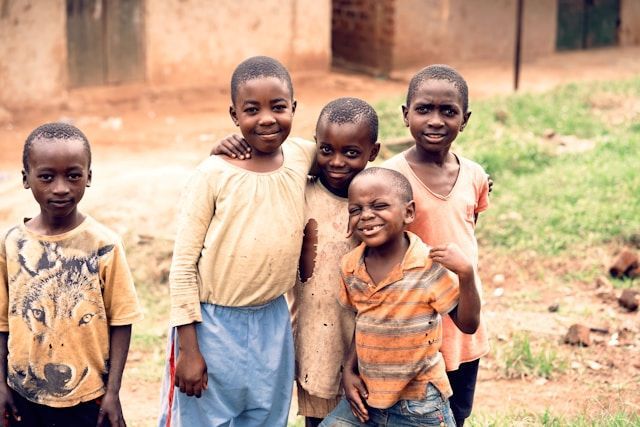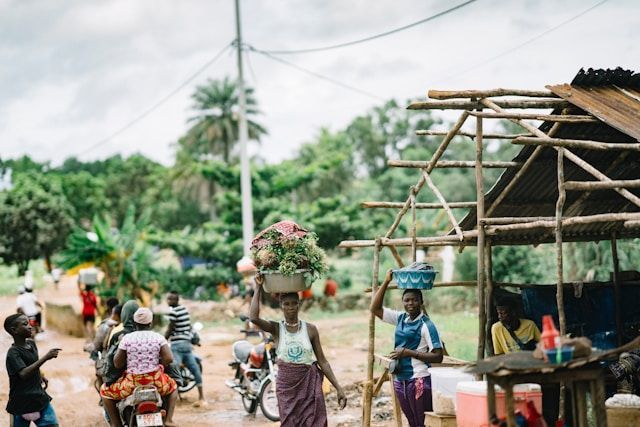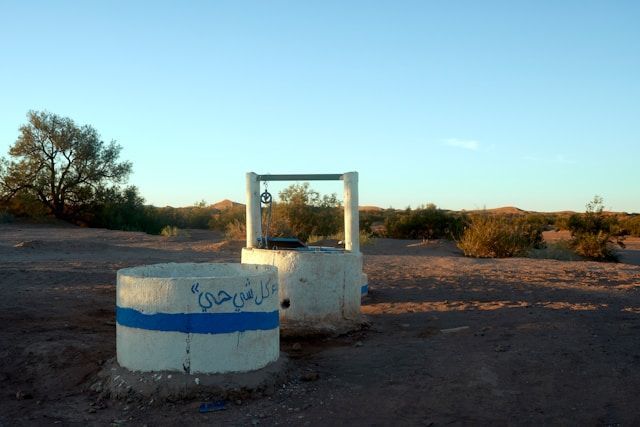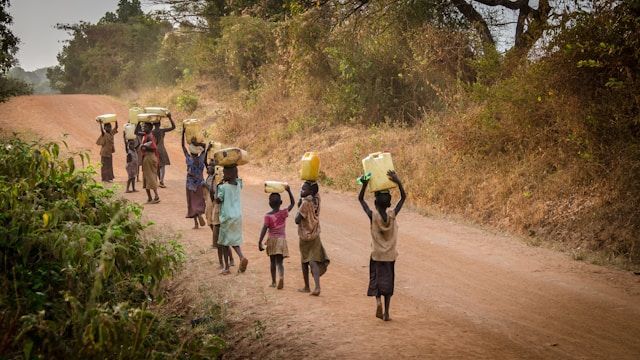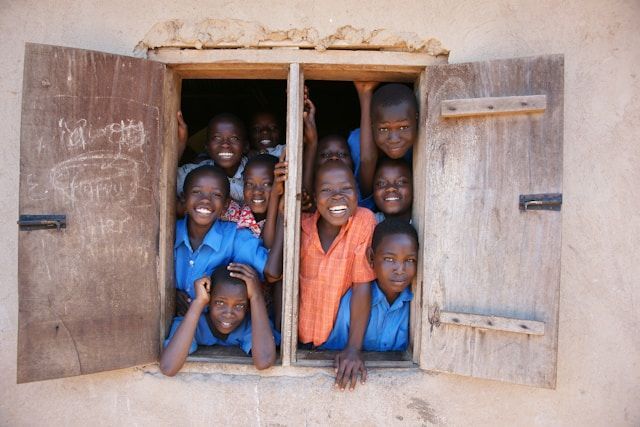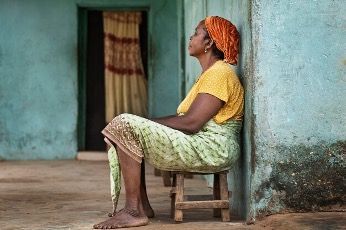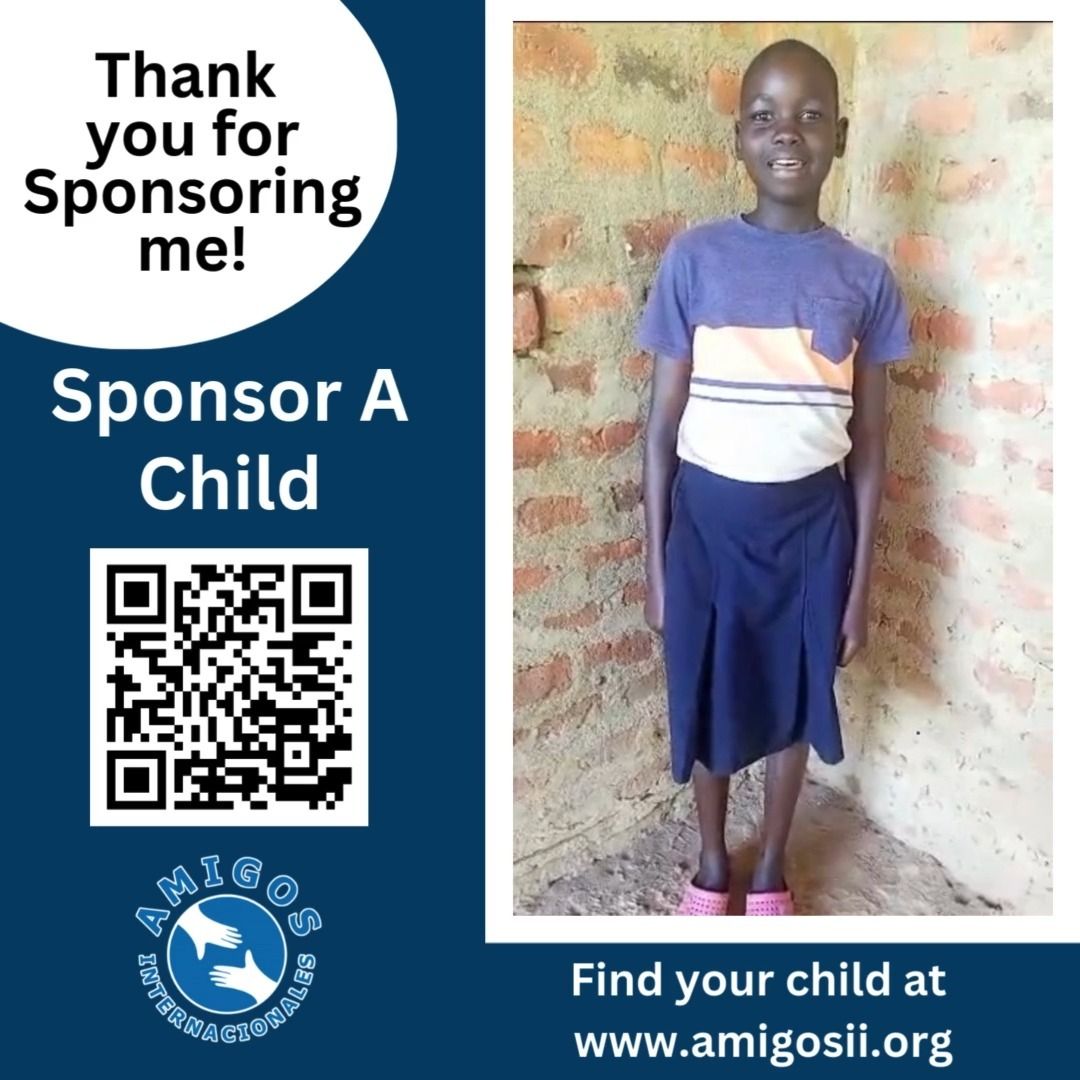The issue of starving children in Africa is a humanitarian crisis that demands attention and action. Millions of children face chronic hunger and malnutrition, leading to severe consequences for their health and well-being. Understanding the root causes of this crisis and finding ways to help are crucial steps toward making a difference.
What causes child hunger in Africa?
Child hunger in Africa can be attributed to a combination of complex factors. These include poverty, inadequate access to nutritious food, climate change-induced droughts, political instability, armed conflicts, and limited infrastructure for food distribution. These factors create a vicious cycle that perpetuates food insecurity and leaves hungry African children vulnerable to malnutrition.
How often does a child in Africa starve?
Unfortunately, child starvation in Africa is a distressingly frequent occurrence. Many children experience hunger on a daily basis, with estimates suggesting that approximately one in four children on the continent is stunted due to chronic malnutrition. The lack of proper nutrition during their early years can have lifelong effects on their physical and cognitive development.
What You Need to Know about Africa’s Hunger Crisis
Africa has been plagued by recurring hunger crises, capturing global attention time and time again. This persistent problem stems from a combination of factors, including extreme poverty, population growth, inadequate agricultural systems, and political challenges. Understanding the complexity of the crisis is essential for implementing effective and sustainable solutions.
Why does it seem like there’s always a hunger or food crisis in Africa?
Addressing the perception of a continuous hunger crisis in Africa requires a multifaceted approach. This crisis in Africa stems from a combination of factors:
Poverty and Inequality
Africa has a significant proportion of its population living in poverty. Poverty creates barriers to accessing nutritious food, healthcare, education, and opportunities for economic growth. The lack of resources exacerbates food insecurity and contributes to the perception of an ongoing hunger crisis.
Climate Change and Environmental Challenges
Africa is particularly vulnerable to the adverse effects of climate change, including droughts, floods, and unpredictable weather patterns. These environmental challenges disrupt agricultural productivity, impacting food production and availability. Such disruptions contribute to food shortages and reinforce the perception of a persistent hunger crisis.
Political Instability and Conflict
Political instability and armed conflicts in various regions of Africa disrupt agricultural activities, displace communities, and hamper economic development. These conflicts often result in the destruction of infrastructure, including farms and markets, leading to food scarcity and a heightened sense of crisis.
Limited Infrastructure and Agricultural Development
Insufficient investment in agricultural infrastructure, such as irrigation systems, storage facilities, and transportation networks, hinders food production and distribution. Inadequate agricultural development contributes to low productivity, post-harvest losses, and challenges in accessing markets, perpetuating the perception of a hunger crisis.
Media Coverage and Public Attention
The media tends to focus on crises and emergencies, including hunger and famine, which are more likely to capture public attention. While hunger crises in other regions may also occur, the perception that Africa always faces a hunger crisis is partly due to the prominence of media coverage.
What is malnutrition?
Malnutrition refers to a condition caused by an insufficient intake of essential nutrients, such as proteins, vitamins, and minerals. In Africa, malnutrition is a significant concern, particularly among children. It weakens their immune systems, increases their susceptibility to diseases, and hinders their growth and development. Addressing malnutrition is crucial for breaking the cycle of hunger and poverty.
How are women and children in Africa affected by hunger?
Hunger disproportionately affects women and children in Africa. Women often bear the burden of food scarcity, struggling to provide for their families amid limited resources. Children, especially those under the age of five, are particularly vulnerable to the long-term consequences of malnutrition, which can hinder their physical and cognitive development, perpetuating the cycle of poverty.
How To Help Starving African Children
Making a difference takes a collective effort and sustained commitment. Every contribution, no matter how small, can have a meaningful impact on the lives of these vulnerable children. There are several ways you can help starving children in Africa:
Support Non-Profit Organizations
Donate to reputable non-profit organizations that focus on providing food, nutrition, and other essential resources to children in need. These organizations often have programs that specifically target hunger and malnutrition in Africa. Research and choose organizations that have a track record of effective and transparent use of funds.
Volunteer and Fundraise
Get involved in fundraising activities or volunteer your time and skills to support organizations working on the ground in Africa. You can organize events, campaigns, or awareness drives to raise funds and spread the word about the issue of child hunger in Africa.
Sponsor a Child
Many organizations offer child sponsorship programs that allow you to provide ongoing support to a specific child in need. By sponsoring a child, you contribute to their well-being by providing access to food, education, healthcare, and other essential services.
Promote Sustainable Agriculture
Support initiatives that focus on sustainable agricultural practices in Africa. These initiatives aim to improve food production, enhance agricultural resilience to climate change, and increase farmers’ incomes. By promoting sustainable agriculture, you contribute to long-term solutions that address the root causes of hunger.
Advocate for Policy Changes
Use your voice to advocate for policies that prioritize addressing hunger and malnutrition in Africa. Reach out to your elected representatives, participate in campaigns, and support organizations that work on policy advocacy. By raising awareness and urging for change, you can contribute to creating an enabling environment for addressing the issue.
Educate Yourself and Others
Learn about the complexities of child hunger in Africa, its underlying causes, and potential solutions. Educate others around you by sharing accurate information and dispelling common misconceptions. By fostering understanding and empathy, you can inspire others to take action and support initiatives aimed at helping starving children in Africa.
How much does it cost to feed a starving child in Africa?
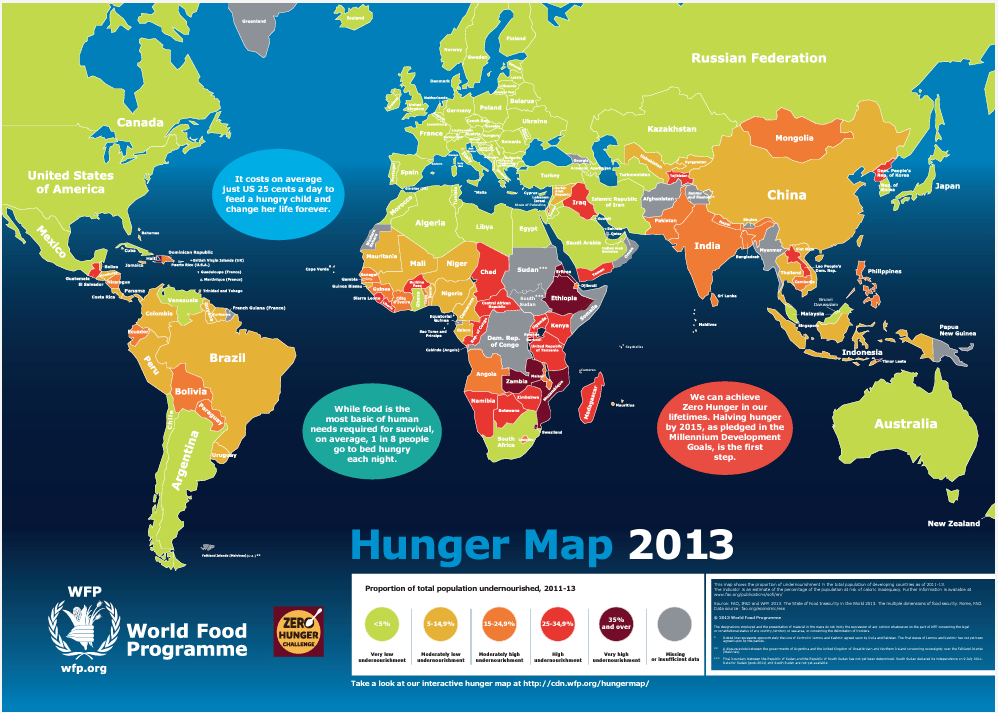
The cost of feeding a starving child in Africa varies depending on various factors, such as the location, the severity of the crisis, and the organization providing aid. Different non-profit organizations have different approaches and programs, but on average, sponsorships can cost around $38 per month.
However, every donation, regardless of size, can make a significant impact in saving a child’s life and improving their future prospects.
Help Children Facing Starvation in Africa
Amigos Internacionales, Inc is one of the many non-profit organizations dedicated to supporting children from disadvantaged communities around the world, including Africa. Through generous donors and sponsors, Amigos Internacionales, Inc works tirelessly to provide food, nutrition, and other essential resources to starving children in Africa.
Takeaway
The plight of starving children in Africa is a pressing issue that requires our attention and collective action. By understanding the root causes of child hunger, the impact of malnutrition, and the ongoing hunger crisis in Africa, we can work towards implementing sustainable solutions.
Supporting non-profit organizations like Amigos Internacionales, Inc is an effective way to contribute to feeding and improving the lives of children in Africa. Through their dedicated efforts and the support of generous donors and sponsors, we can provide hope and a brighter future for these children in need. Contact us today and change a child’s life.
Categories
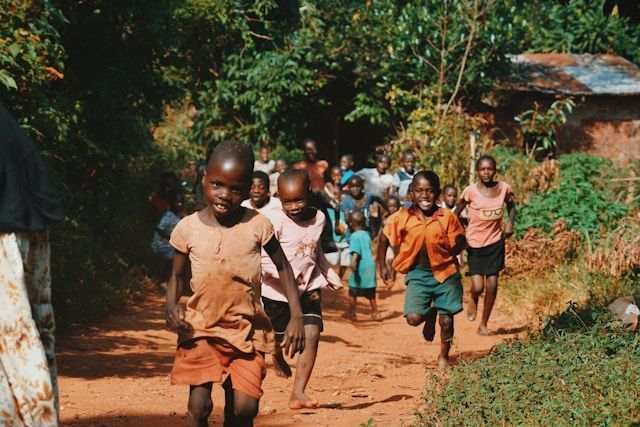
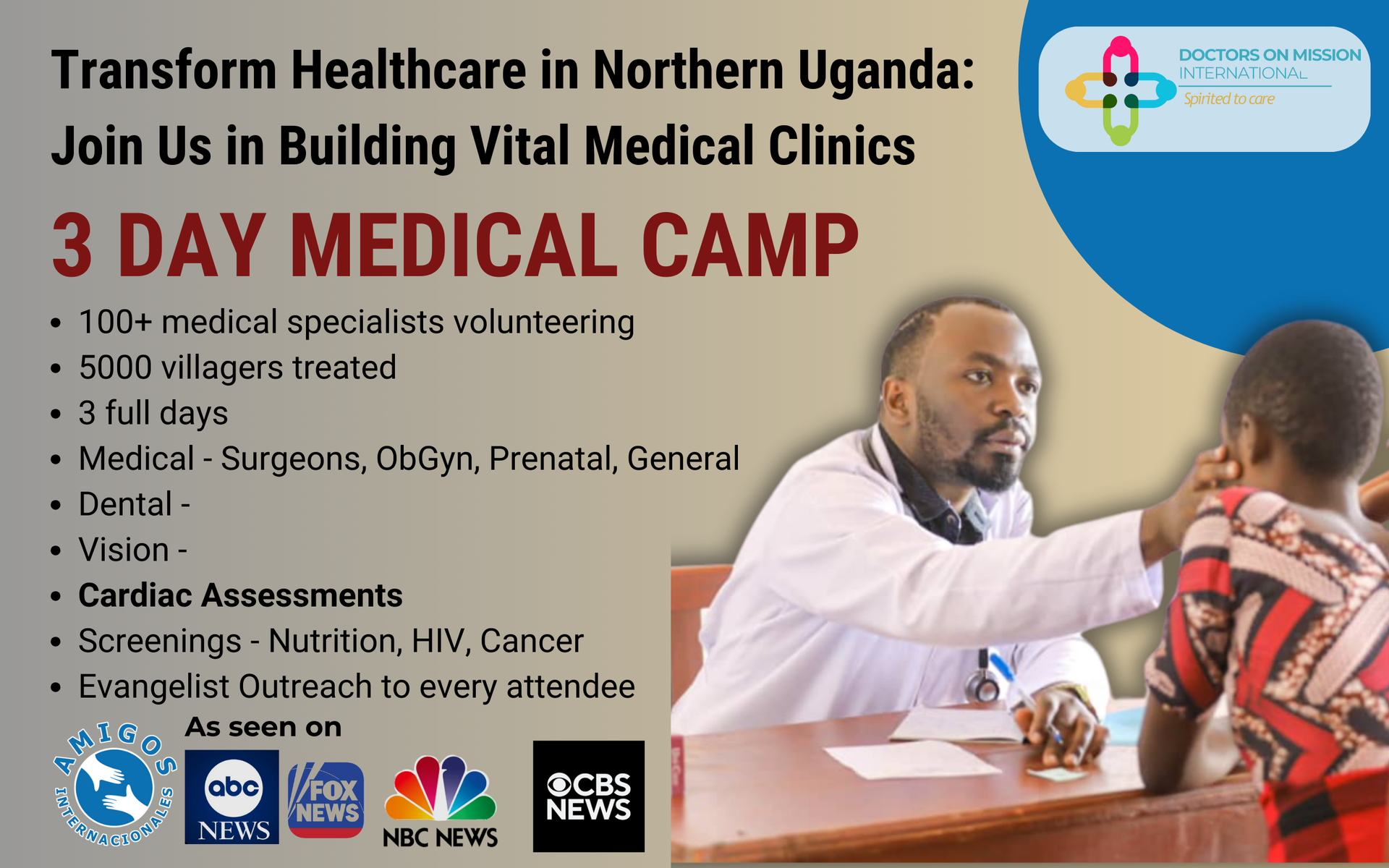
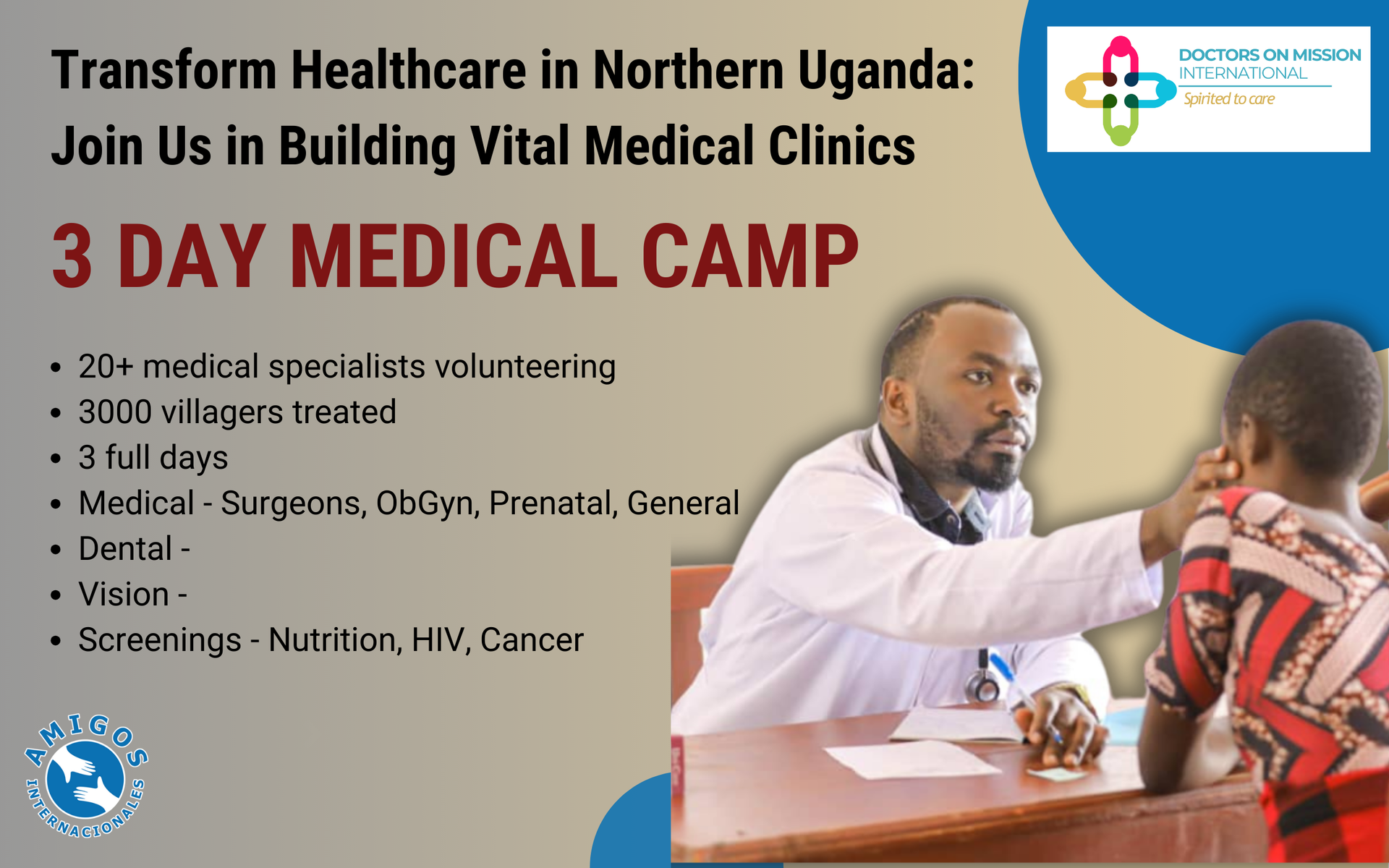

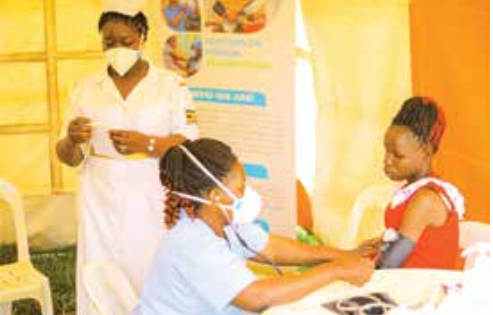
Social Media





